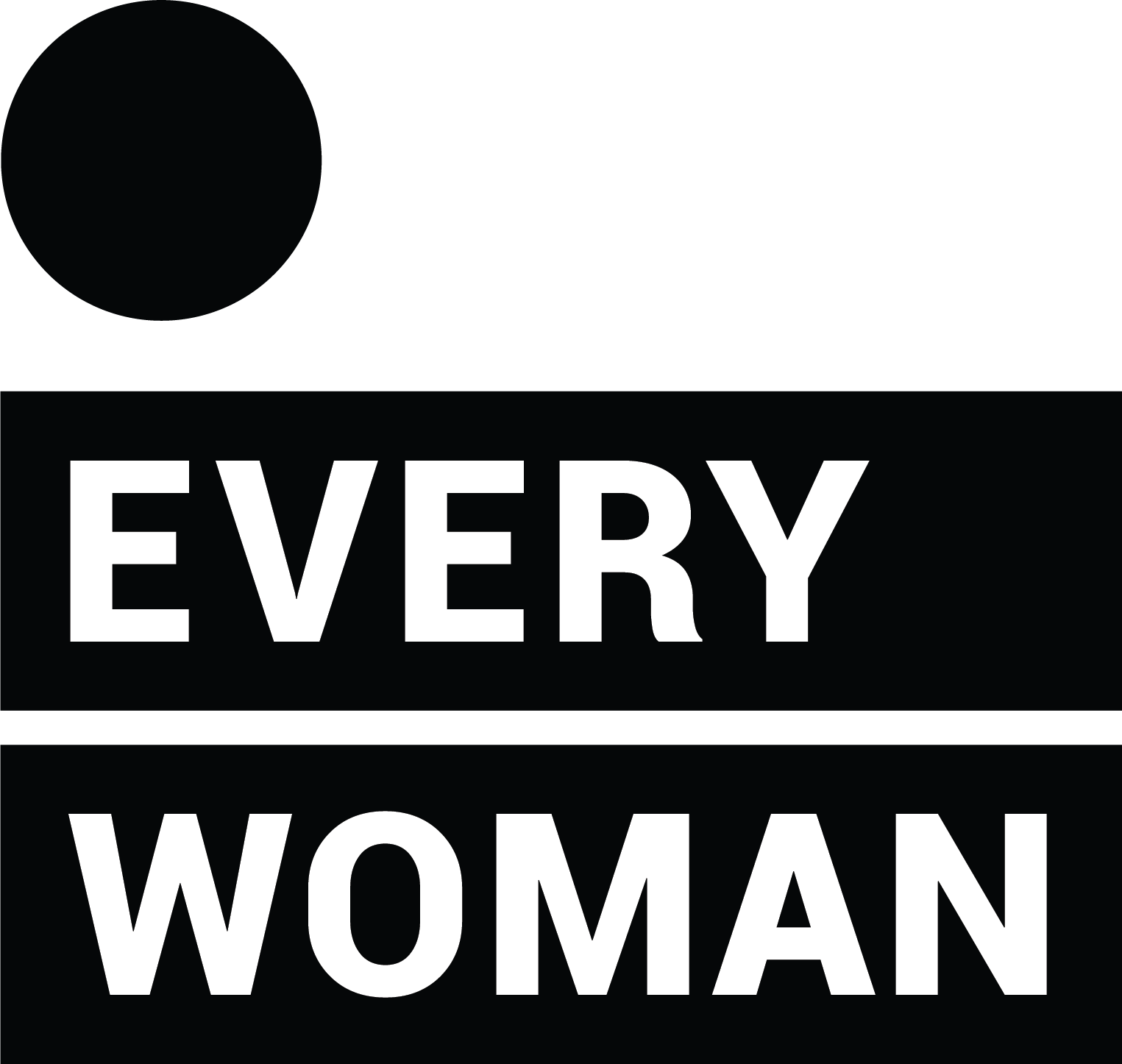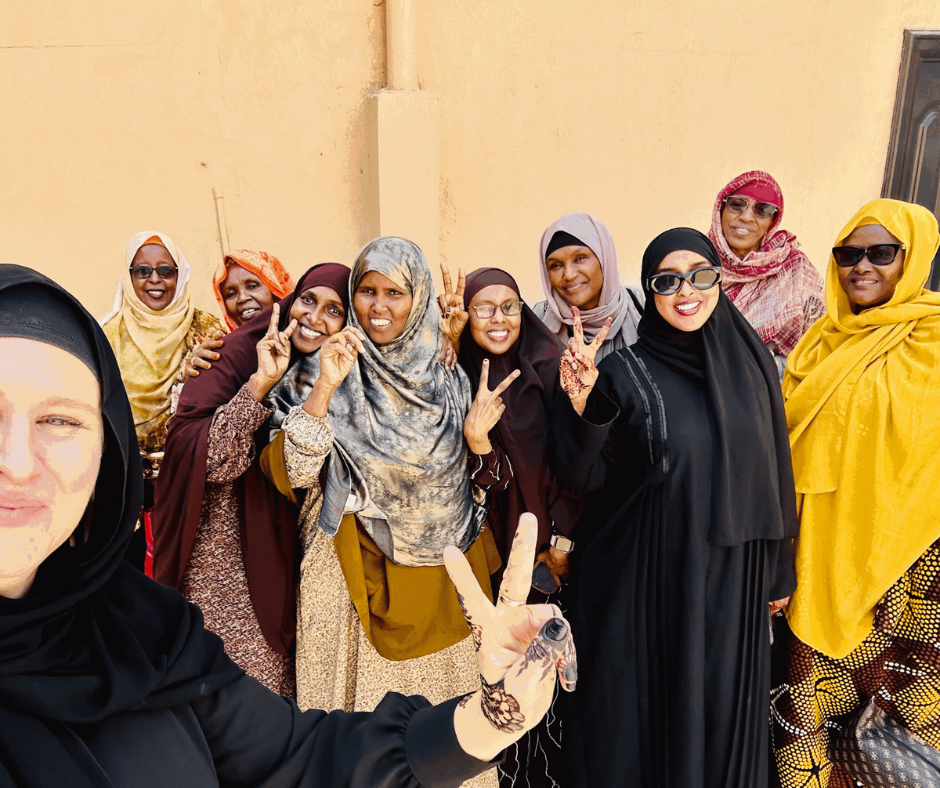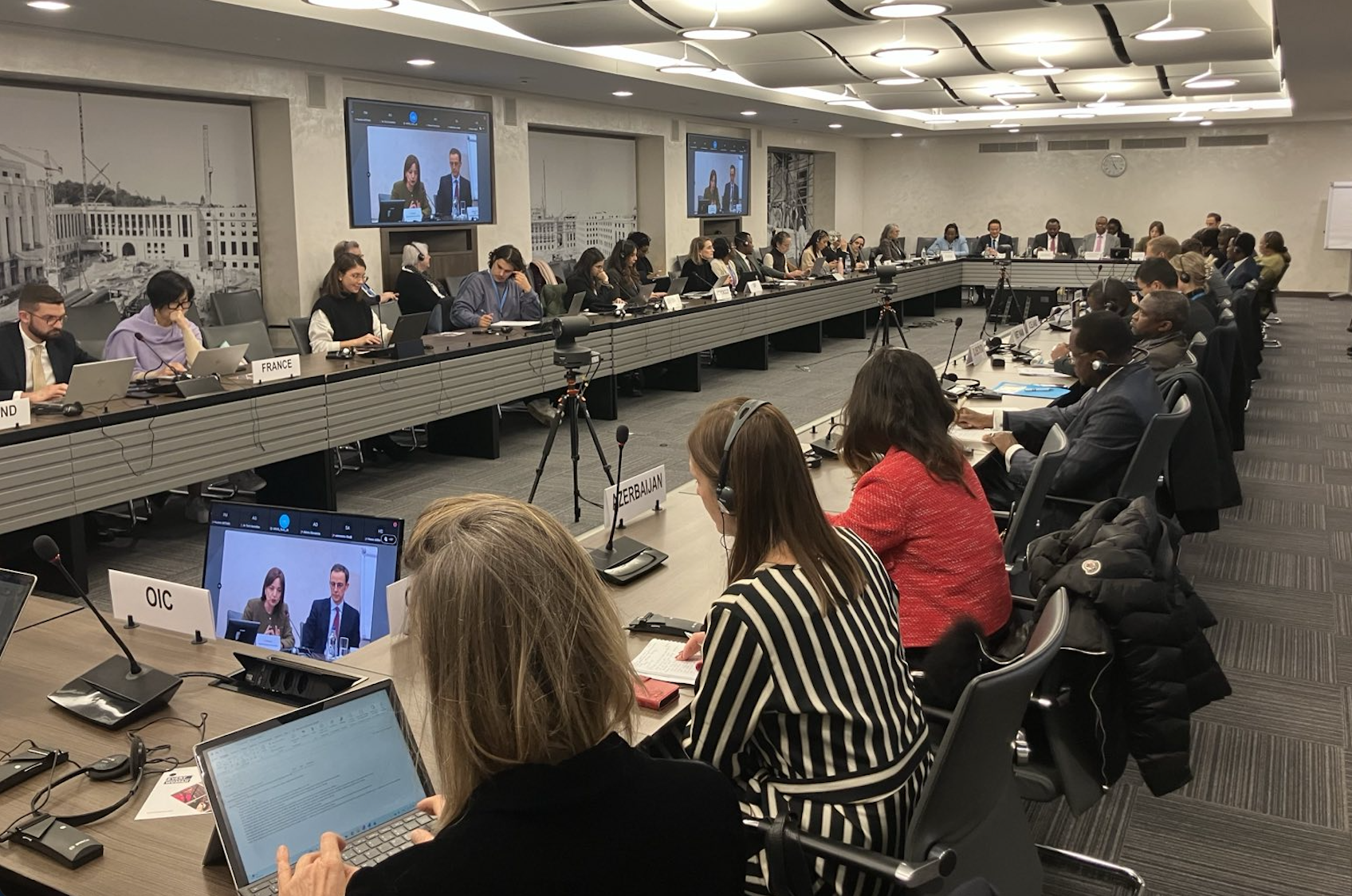#16 Days Essay Series
Every year, women’s rights activists across the globe participate in 16 Days of Activism against Gender-Based Violence from November 25, the International Day for the Elimination of Violence Against Women and Girls, to December 10, Human Rights Day. This year, members of Every Woman’s Emerging Leaders Council (activists under 35) are publishing six essays from six continents on how a new Optional Protocol to CEDAW can increase global accountability — part of this year’s theme — on ending violence against women and girls.
Although domestic violence may make headlines all over the world, it certainly doesn’t in Lebanon. Behind the warm hospitality and culture my country offers lies a darker reality that many women are forced to endure in silence: intimate partner violence.
In 2020, following the outbreak of the COVID-19 pandemic, the rate of domestic violence shot up by 241 percent in Lebanon. Domestic violence, along with a growing number of femicides, is a direct consequence of the worsening economic and social situation following the lockdown, the 2020 Beirut port blast, and the economic meltdown that started in 2019, according to an interview with lawyer and feminist activist Leila Awada in L’Orient Today.
“Women are the first to pay the price in these times of crisis,” said Awada. Hanaa Khodor, 21, who suffered third-degree burns all over her body and lost her baby after allegedly being beaten and set on fire by her husband. “Hanaa was burned alive because she was pregnant and her husband did not want to keep the child.”
The current conflict crisis is only making matters worse for women and girls.
Over the last couple of decades, Lebanon has made progress in its legal protection of women and girls. Parliament abolished the honor killing in August 2011. In 2014, it passed its first law (Law No. 293/2014) aimed at criminalizing domestic violence against women and amended the law in 2020 (Law No. 204/2020). But honor killings are still a widely practiced excuse for femicide. Additionally, justice can often be postponed or circumvented.
In the case of Rola Yacoub, a 33-year-old woman who was brutally murdered by her husband in front of their daughters in 2013, it took nearly a decade for the justice system to declare him guilty. Even then, he received only a five-year prison sentence and a minimal fine.
We can change this
So what can we do? Earlier this year, a group of legislators proposed a new law aimed at closing legal gaps and loopholes — notably discriminatory laws that limit a woman’s ability to leave an abusive relationship and obtain a restraining order. A key aspect of the new bill is the creation of specialized courts to handle domestic violence cases more effectively and with greater sensitivity. It also requires thorough training for law enforcement and judicial staff, ensuring they are well-prepared to manage these cases properly.
The introduction of such a comprehensive bill is a significant step, reflecting the efforts of women’s rights advocates. However, due to patriarchal laws and religious interference in political and judicial affairs, it is unlikely to pass without substantial modifications that would weaken its protections. This is precisely why I have joined the call for a new Optional Protocol to CEDAW to end violence against women and girls. I want to provide NGOs and activists like myself with a legal framework we can use to hold my nation accountable to global standards on violence against women.
Lebanon has signed and ratified CEDAW and I am hopeful that when the time comes, it will sign and ratify a new Optional Protocol on ending violence against women and girls. If it does, it will be obligated under international law to remove discriminatory laws and replace them with legal codes that uphold women’s rights to safety and justice.
Put another way, a new Optional Protocol to CEDAW could press Lebanon’s leaders to pass a strong law like the one introduced earlier this year, without amendments to the language that weaken protections.
Yet even if my country doesn’t ratify the new optional protocol when the time comes, its adoption will provide a beacon of hope. Binding international mechanisms create global norms. This is essential not just for my country but also for my region and, indeed, the world.
Iraq is poised to pass a law lowering the age of marriage to nine — that’s right, nine. Libya wants to impose “morality” laws on women and girls by requiring them to wear hijab and not allowing them to travel without the permission of a mahram, a male guardian. The Taliban in Afghanistan continues to impose greater restrictions on women, including that their voices should not be heard in public. The existence of a new OP-CEDAW would put global pressure on my country and all nations, urging them to align with global standards.
As such, it would encourage more media reporting on the issue, reminding women they are not alone and encouraging them to seek help. This norm shift is vital to preventing violence against women and creating a supportive environment where victims can find the resources they need to reclaim their lives.
 TIA KAEDBEY (Lebanon) is an entrepreneur and advocate for environmental sustainability and social impact. She is the founder of Fairylistiic, a green initiative repurposing discarded CDs into art to address environmental and social issues. At only seventeen, she was recognized among the top three green Lebanese entrepreneurs for 2024. She was on the list of finalists in the British Embassy’s “Ambassador for a Day” competition. Currently, she is pursuing a degree in English Literature at the American University of Beirut.
TIA KAEDBEY (Lebanon) is an entrepreneur and advocate for environmental sustainability and social impact. She is the founder of Fairylistiic, a green initiative repurposing discarded CDs into art to address environmental and social issues. At only seventeen, she was recognized among the top three green Lebanese entrepreneurs for 2024. She was on the list of finalists in the British Embassy’s “Ambassador for a Day” competition. Currently, she is pursuing a degree in English Literature at the American University of Beirut.
Join the call for a new OP-CEDAW to end violence against women and girls! everywoman.org/#join
SOURCES
Fe-Male, UN Women, KAFA, “Gender Alert on Missing Women and Girls in Lebanon’s Humanitarian Crisis: What We Know So Far,” March 2023, https://lebanon.unwomen.org/sites/default/files/2023-03/Gender_Alert_March_2023_English.pdf
Zeina Antonios, “Burned Alive,” L’Orient, Aug 2022, https://today.lorientlejour.com/article/1308848/burned-alive-allegedly-by-her-husband-hanaa-khaled-succumbed-to-her-injuries.html
UN Women Arab States, Press Release, “UN Women Calls for Urgent Action to Address Needs of Crises-Affected Women and Girls in Lebanon,” 2 Oct 2024, https://arabstates.unwomen.org/en/stories/press-release/2024/10/un-women-calls-for-urgent-action-to-address-the-needs-of-crisis-affected-women-and-girls-in-lebanon
Rana Zalghout, “Honor Killings: An Excused Femicide,” Outlook, 14 April 2023, https://sites.aub.edu.lb/outlook/2023/04/14/honor-killing-an-excused-femicide/




